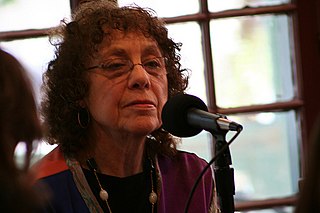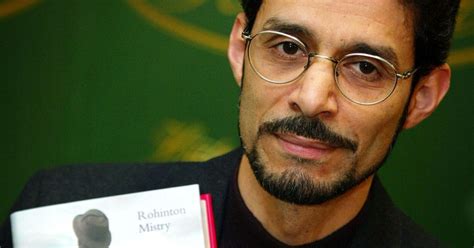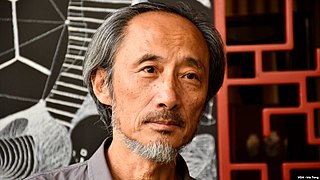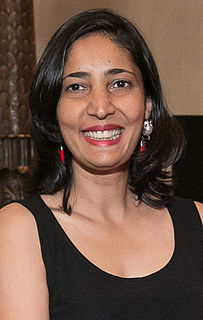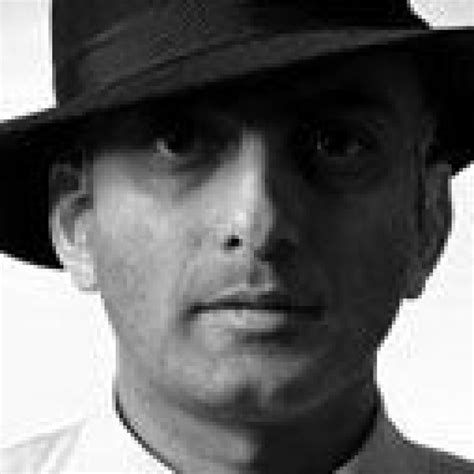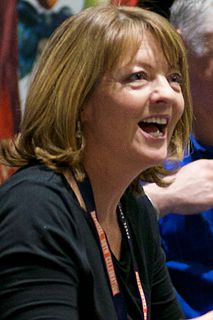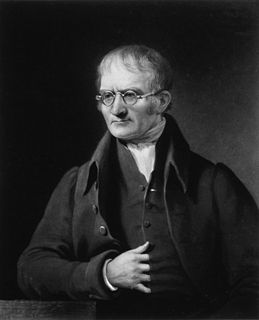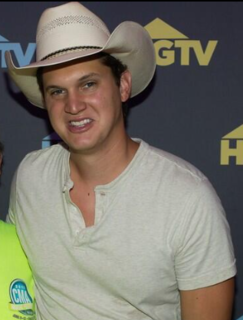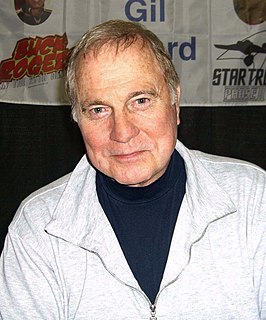Top 1200 Writing Fiction Quotes & Sayings - Page 17
Explore popular Writing Fiction quotes.
Last updated on April 20, 2025.
What I see as the particularly exciting prospect for writing horror fiction as we go forward is setting stories in more internal landscapes than external ones, mapping out the mind as the home for scary things instead of the house at the end of the lane or lakeside campground or abandoned amusement park.
Writing for adults and writing for young people is really not that different. As a reporter, I have always tried to write as clearly and simply as possible. I like clean, unadorned writing. So writing for a younger audience was largely an exercise in making my prose even more clear and direct, and in avoiding complicated digressions.
Writing, for me, when I'm writing in the first-person, is like a form of acting. So as I'm writing, the character or self I'm writing about and my whole self - when I began the book - become entwined. It's soon hard to tell them apart. The voice I'm trying to explore directs my own perceptions and thoughts.
My own writing has perhaps more of an American flavor than a British one, but that's because the stories I've so far written have needed it. 'Empire State,' 'Seven Wonders' and 'The Age Atomic' are all very place-centric, where the setting itself is almost a character. But there is a universality to story that isn't just limited to science fiction.
The best thing about writing speculative fiction is the opportunity to satirize the whole wide world. The America in 'A Better World' isn't ours, but it's pretty close, so I could lampoon everything from partisan politics to the cult of celebrity to our general disaffection. To me, all that is the point.
After the Tiananmen Massacre, I felt compelled not only to continue writing but to actively resist the restrictions placed on freedom of speech. I set up the publishing company in Hong Kong, with offices in Shenzhen in mainland China, and managed to publish works of fiction, philosophy, and politics by unapproved authors.
I know people who've passed every creative writing course under the sun and who are more analytically intelligent and far better-read than I, but who just can't write either fiction or drama. It's like any art-form. In order for talent to be developed, crafted, it's got to be there in the first place.
If you have to find devices to coax yourself to stay focused on writing, perhaps you should not be writing what you're writing. And if this lack of motivation is a constant problem, perhaps writing is not your forte. I mean, what is the problem? If writing bores you, that is pretty fatal. If that is not the case, but you find that it is hard going and it just doesn't flow, well, what did you expect? It is work; art is work.











